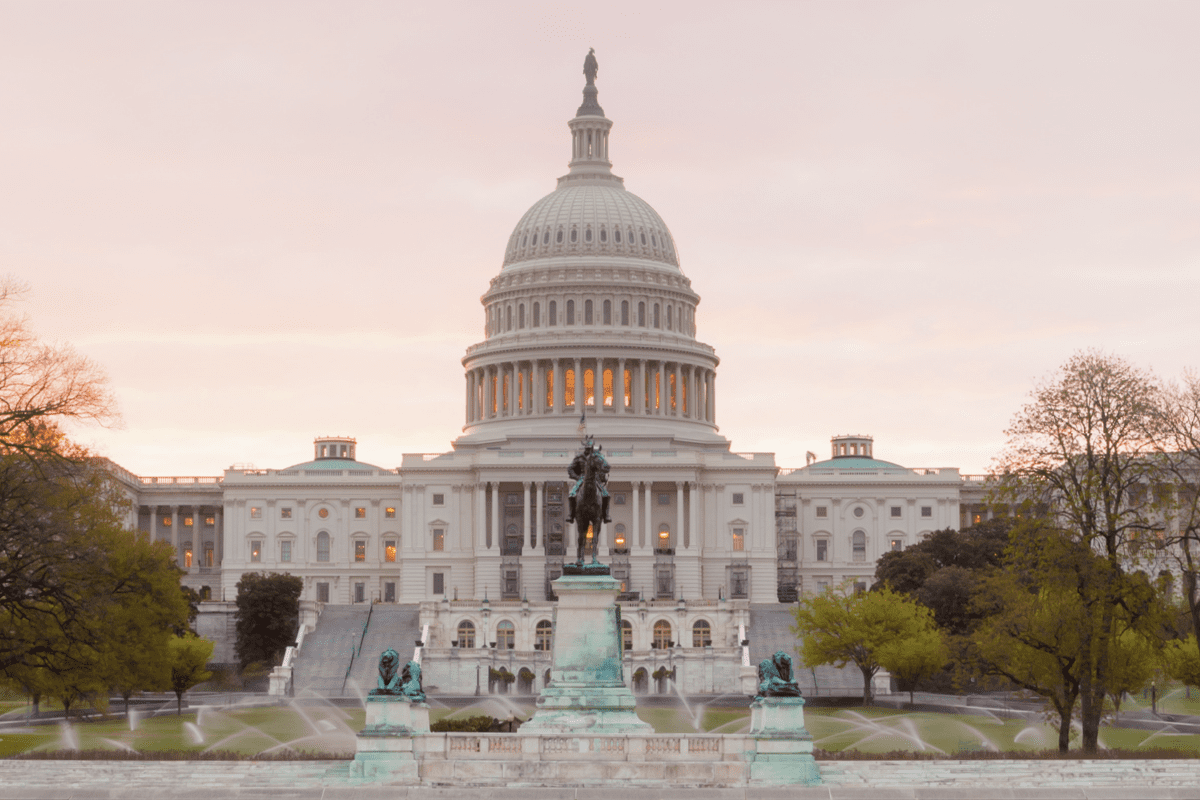
By: Jeff Glickman, SALT Partner
At a glance
- The main takeaway: NBC Universal created nexus within the state of Oregon based on its economic connections arising from its contractual relationships with independent local stations.
- Assess the impact: The scope of what economic activities trigger substantial nexus has not generally been well defined as most of the nexus guidance has been based on case law that rules on specific facts and circumstances.
- Take the next step: Aprio’s State and Local Tax (SALT) team can conduct an income tax nexus study to identify your risk exposure and suggest potential mitigation options.
Schedule a free consultation today to learn more!
Following the United State Supreme Court’s decision in Wayfair, the guidance around sales tax nexus has become more “black and white.” While disputes can still arise related to the level of physical presence required to establish sales tax nexus, those disputes are rendered moot once a company exceeds the state’s economic nexus threshold.
However, on the income tax side, the guidance is not as clear. There are a number of states that have established bright-line factor presence nexus rules, whereby exceeding a certain level of in-state receipts creates income tax nexus. Most states have not enacted specific revenue thresholds for income tax purposes, and instead just provide general guidance that economic contacts can create nexus. Thus, income tax nexus determinations continue to be “case-by-case” determinations based on specific facts and circumstances.
NBC vs Oregon: Understanding the case
This concept is illustrated by a recent Oregon Tax Court decision, which concluded that NBC Universal, Inc. (NBC) had substantial nexus with Oregon for corporate income tax purposes due to its economic contacts with the state.[1]
NBC is in the business of producing television content which is broadcast on television stations around the country. Some of those stations are owned and operated by NBC, while others, such as the local Oregon stations in this case, are independently owned and operated. Those stations enter agreements with NBC whereby NBC agrees to provide its programming content and branding (i.e., identifying the local station as an NBC station and using NBC visual trademarks/logos). In exchange, NBC received advertising revenues from sponsors that aired advertisements on those local stations. During the years at issue, 2006 to 2010, NBC did not have any office, employees, or physical property in Oregon, and did not own or operate any television stations in the state.
How Oregon determines income tax nexus
Corporate income tax in Oregon is imposed on corporations that have “income derived from sources within this state” which “includes income from tangible or intangible property located or having a situs in this state and income from any activities carried on in this state, regardless of whether carried on in intrastate, interstate or foreign commerce.”[2]
Oregon’s regulations state that the imposition of income tax is permitted to the extent allowed by the state’s statutes, P.L. 86-272, and the state and U.S. Constitutions, and that there must be “substantial nexus” between the state and the activity on which the tax is based.[3] Notably, substantial nexus does not require physical presence, rather, it can exist “where a taxpayer regularly takes advantage of Oregon’s economy to produce income for the taxpayer and may be established through the significant economic presence of a taxpayer in the state.”[4]
The state may consider several factors in determining if substantial nexus exists, such as whether the taxpayer:
- Maintains continuous and systematic contacts with Oregon’s economy or market,
- Receives significant gross receipts attributable to customers in Oregon, or
- Receives significant gross receipts attributable to the use of taxpayer’s intangible property in Oregon.[5]
Oregon tax court’s decision on NBC Universal
In this case, the Tax Court concluded that NBC’s contractual arrangements with the local stations, the licensing of its intangible property (both its programming and its branding), and its receipt of advertising revenue related to Oregon viewership stemming from those contractual arrangements, “collectively demonstrate that [NBC] derived substantial economic benefit from its engagement with Oregon’s market” and created substantial nexus.
Interestingly, in determining that NBC’s activity also established substantial nexus with Oregon under the Commerce Clause of the U.S. Constitution, the Tax Court referenced and quoted a 2021 Oregon Supreme Court case that was addressing a similar issue and found support in the Wayfair decision, which was decided eight years after the end of the tax period involved in the NBC case.[6] The Oregon Supreme Court stated that any “company that earned far greater revenue and engaged in far more transactions than involved in Wayfair must be deemed to have also availed itself of the substantial privilege of carrying on business in Oregon.”[7]
Implications of the Wayfair decision on income tax nexus
States have asserted income tax nexus against companies based on economic contacts dating back several decades, well before the Wayfair decision. However, the scope of what economic activities constitute substantial nexus has generally not been well defined, other than the existing factor presence nexus rules applied in some states.
Most of the existing economic nexus guidance is based on case law analyzing the facts and circumstances of each situation. It will be interesting to see if more states rely on the Wayfair decision as guidance for what level of revenues or transactions is sufficient to create substantial nexus for income tax purposes, even in situations where the state has not enacted a specific law or regulation to that effect. This would clearly raise the level of risk for companies that exceed Wayfair-type thresholds that they may have an income tax filing obligation in the state, absent other protection such as P.L. 86-272.
The bottom line
Aprio’s SALT team has experience advising companies on their potential income tax filing obligations. We can review your activities and conduct an income tax nexus study to identify the risk of exposure and suggest potential mitigation options.
Our goal is to help ensure that your business remains in compliance with its income tax requirements and that it does not incur unexpected liabilities and penalties. We constantly monitor these and other important state tax topics, and we will include any significant developments in future issues of the Aprio SALT Newsletter.
[1] NBC Universal, Inc. v. Department of Revenue, TC-MD 170278R (Ore. Tax Court, March 25, 2025).
[2] Or. Rev. Stat. § 318.020(1) and (2).
[3] Or. Admin. R. 150-317-0020(1) and (2).
[4] Or. Admin. R. 150-317-0020(2).
[5] Or. Admin. R. 150-317-0020(3)(a), (d), and (e). There are no specific dollar amounts provided for determining “significant gross receipts.”
[6] See Ooma v. Dept. of Rev., 369 Or. 95 (2021), cert. den., 142 S. Ct. 2839 (2022).
[7] Ooma, 369 Or. at 109.


